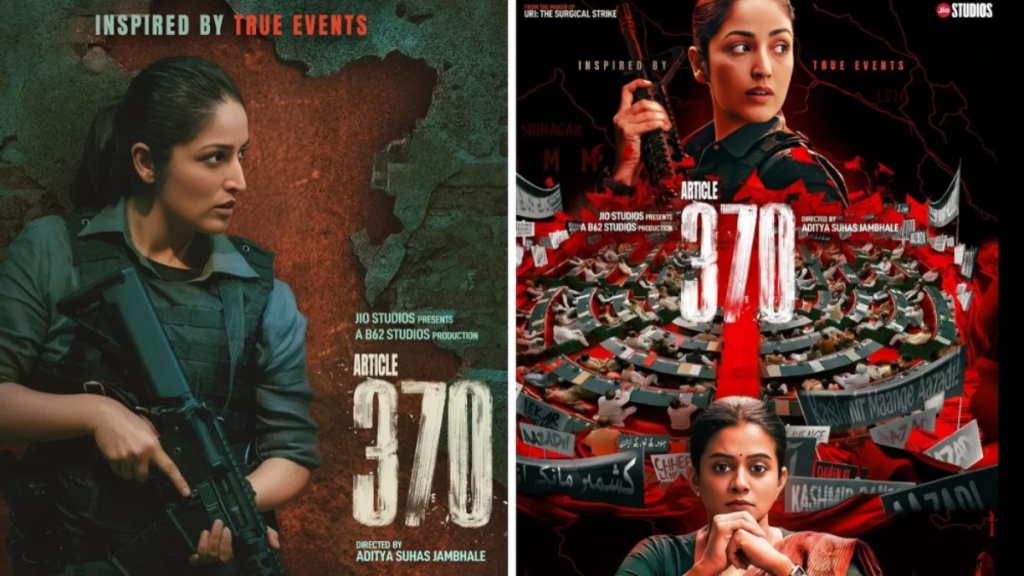During a recent rally in Jammu, PM Narendra Modi expressed his anticipation for an upcoming film titled ‘Article 370’, which he believed would provide accurate information to the public. However, if you were planning to watch this Yami Gautam-starrer with the intention of taking notes, you may be disappointed. The filmmakers have stated that the film is ‘inspired’ and not a ‘documentary’, allowing for creative liberties to be taken in the storytelling.
Directed by Aditya Suhas Jambhale, ‘Article 370’ is a well-crafted film, but its lengthy runtime of 2 hours and 40 minutes may test your patience. The first half of the film could have been trimmed down as it primarily focuses on setting up the premise. However, the pace picks up in the latter half, delivering a dramatic narrative with some predictable twists.
The team’s victory note is undoubtedly attributed to the exceptional performances of the actors. Priya Mani and Yami Gautam, the two leading ladies who bear the brunt of the responsibility, leave a lasting impression. Priya Mani, portraying the joint secretary at the PMO, is depicted as the mastermind behind the revocation of the special status in Kashmir. Yami, playing the role of Zooni, a woman with a tragic past, embodies the stereotypical ‘arrogant’ officer on duty, a common trope in Bollywood action films. Zooni’s character draws parallels to Kajol’s character in ‘Fanaa’, who prioritized her country over love. In ‘Article 370’, Zooni, a Kashmiri Pandit, showcases her profound affection for the valley, propelling the narrative forward. It is intriguing, albeit predictable, how she consistently delivers the final blow, solidifying her status as an invincible star.
Divided into six chapters, similar to a History and Civic book, the movie attempts to narrate the distressing story of how Kashmir has repeatedly been betrayed by politicians and bureaucrats from 2015 to 2019. In order to maintain their hold on power, they have allowed radicalization to flourish and continue to manipulate the youth, turning them into stone pelters and encouraging them to demand ‘Azaadi’ (freedom). Although the filmmakers refer to it as an ‘inspired’ film, it is hard to overlook the fact that the two leaders in Kashmir, portrayed in a darker light, are reminiscent of Farooq Abdullah and Mehbooba Mufti.
Credit must be given to the filmmakers for refraining from the obvious – bashing Pakistan or Muslims – a trend that has been prevalent in recent films. Additionally, the movie avoids cliché dialogues and overly patriotic songs to prove one’s loyalty to the nation. The production value of the film is commendable, as demonstrated by producer Aditya Dhar’s previous work in ‘Uri’ (2019). Although not jingoistic, ‘Article 370’ does possess propaganda value as it aims to highlight the BJP government prior to the general elections.
Arun Govil and Kiran Karmarkar, portraying PM Narendra Modi and Home Minister Amit Shah respectively, are the only ministers in the film who seem to have a compassionate side, albeit in a shoddy manner. Even Jawaharlal Nehru is not spared, as the introduction narrated by Ajay Devgn attempts to blame the first prime minister for the ‘blunder’ in Kashmir.
Some of the theories presented in the film regarding the Kashmiri movement for autonomy may seem unconvincing, prompting viewers to seek out the actual historical facts. Perhaps this is what the PM meant when he stated that ‘Article 370’ would be ‘useful for people to get correct information’.
